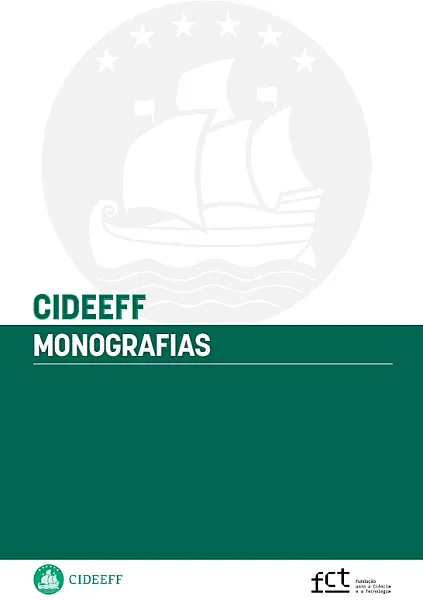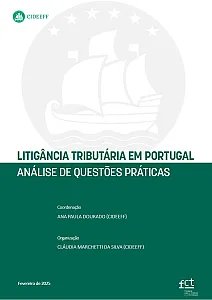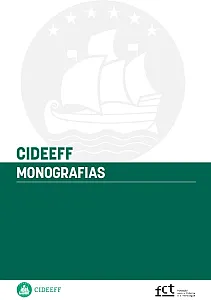The divisive nature of cryptoassets: from the traditional paradigm to the digital revolution and the challenges inherent in their taxation

This dissertation seeks to analyze cryptoassets’ legal nature, its underlying risks and, consequently, the complexities that Tax Law faces regarding its taxation. Undoubtedly, cryptoassets have shown an exponential and truly remarkable growth today, marked by a paradigm shift. If, formerly, the traditional era was defined by fiat currencies, currently, the digital revolution has imposed necessary adaptations to a new model of high technical complexity. Legally, it is clear that we are facing a divisive nature concerning cryptoassets. On the one hand, this ecosystem consists of numerous different categories, assuming a fragmentary character. On the other, it is a thought-provoking universe that poses differing views regarding its very definition, which hardly finds doctrinal consensus. In any case, it is essential to distinguish between the various typologies of cryptoassets, emphasizing that, contrary to popular opinion, this concept is not limited to virtual currency only, much less to the so popular bitcoin. As a result, the eccentricity and frenetic evolution of these assets, as well as their dispersed and versatile nature, lead to inevitable risks and regulatory difficulties. The current regulation, both European and Portuguese, is notoriously scarce and insufficient, although several proposals have been recently presented. From a tax perspective, despite the obvious inextricable challenges, it will be scrutinized which taxes may apply to income earned from cryptoassets in Portugal, in light of the Portuguese Personal Income Tax Code, Corporate Income Tax Code and Value Added Tax Code.



